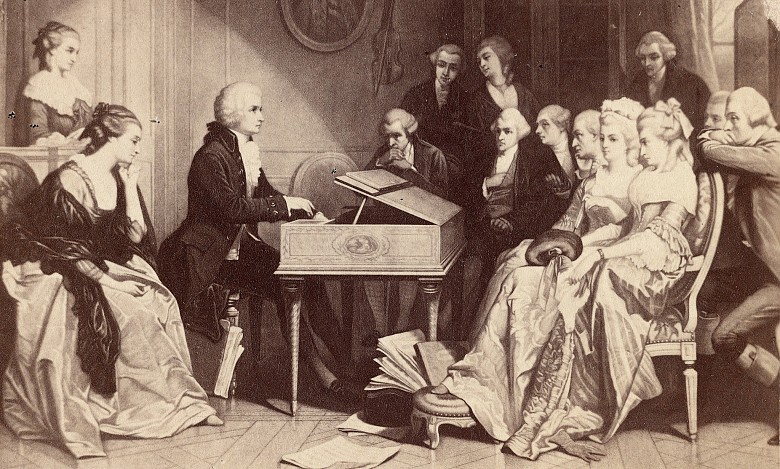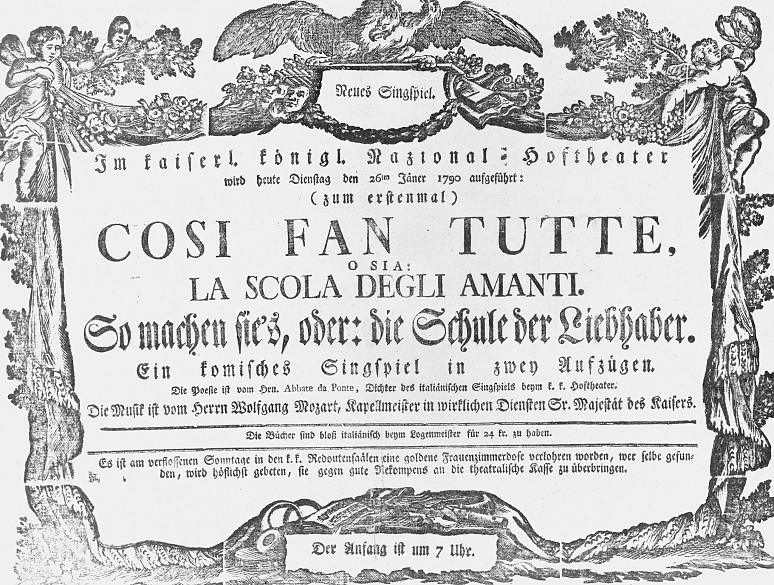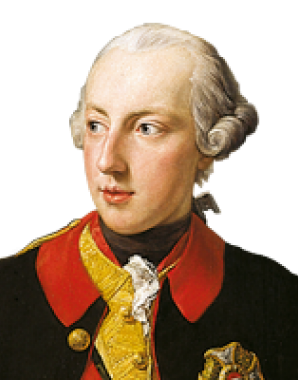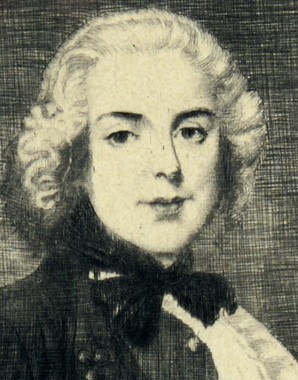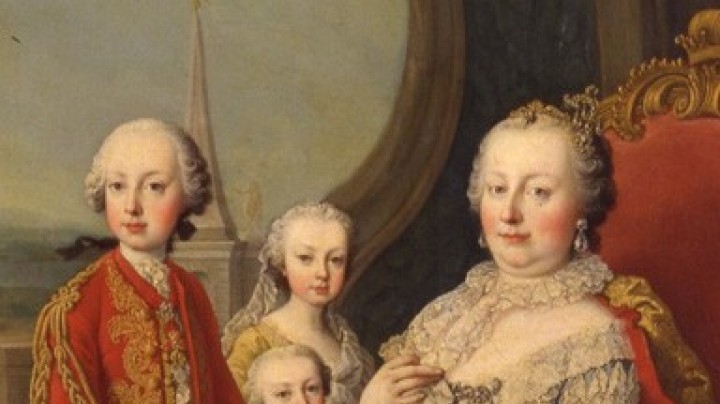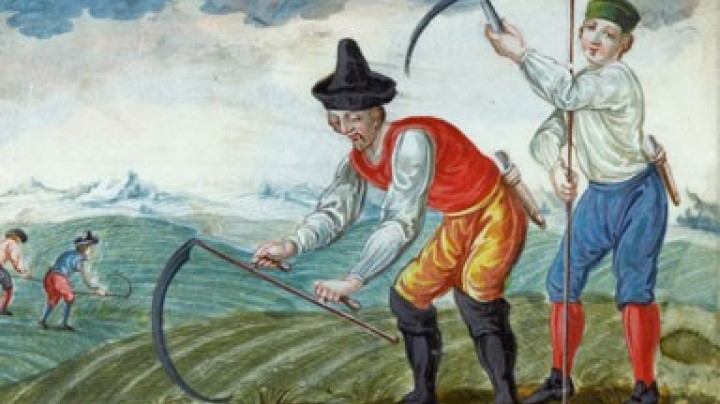The longed-for position at court: Mozart as Imperial-Royal Court Composer
Mozart is finally appointed Imperial-Royal Court Composer. But he is destined to remain in the second rank behind the Hofkapellmeister and ‘fashionable’ composer Salieri.
Don Giovanni, a variation on the Don Juan theme, was a triumphant success in Prague. Yet again, the overture was completed just before the premiere with no time for rehearsal. In Vienna the opera was performed six months later, but was not a great success, audiences finding the music too sombre and difficult.
Sombre themes were unpopular: economic and cultural life was stagnating. The war against the Turks (1787–1791) dragged on without victories, and recurrent epidemics claimed the lives of many victims. Joseph II was absent from Vienna on the Turkish campaign and only saw the last performance after his return in December 1788. He thought that the ‘music was far too difficult for the singers’, but reacted positively on the whole: ‘This work is heavenly. It is even more beautiful than the Marriage of Figaro. But it is no fare for my Viennese.’ Mozart rejoined: ‘Just give them time to chew!’
Music in Vienna was mainly enjoyed as a convivial accompaniment to celebrations, masked balls and banquets. Simple, cheerful compositions were the order of the day. Mozart’s demanding music was too complex for many contemporary concert-goers.
On 7 December 1787 Mozart was appointed Imperial-Royal Court Composer following the death of Christoph Willibald Gluck. However, he was only responsible for carnival dance music for the imperial masked balls in the Redoute Rooms at the Hofburg. For this he received an annual salary of 800 gulden, as much as Antonio Salieri earned as director of the Imperial Opera. The latter was simultaneously promoted to Hofkapellmeister: he was thus also director of the Imperial Chamber Music and the music for the Imperial Chapel, receiving an additional 1,200 gulden. Yet again, Mozart had been bested by Salieri.
Two years later Mozart received an imperial commission for the opera buffa Così fan tutte. The material – a malicious portrait of Viennese society turning on infidelity and jealousy – was very much to the Emperor’s taste. The libretto was once again written by da Ponte. The premiere took place at the Hofburgtheater on 26 January 1790.
The opera was not a success. Joseph did not attend as he was confined to his bed in the Hofburg, mortally ill with tuberculosis. When he died on 20 February 1790, Mozart lost his most influential patron.
